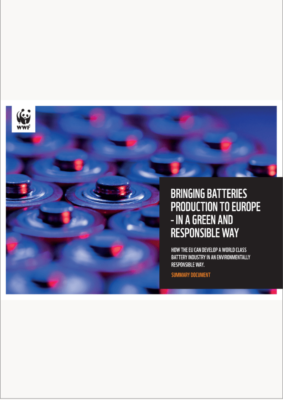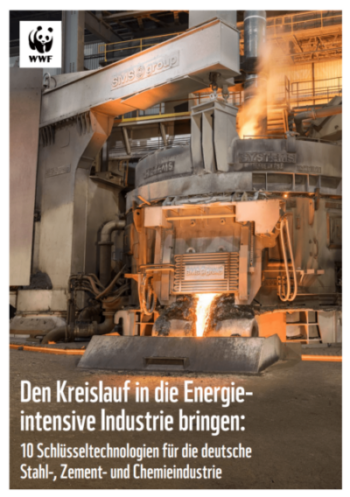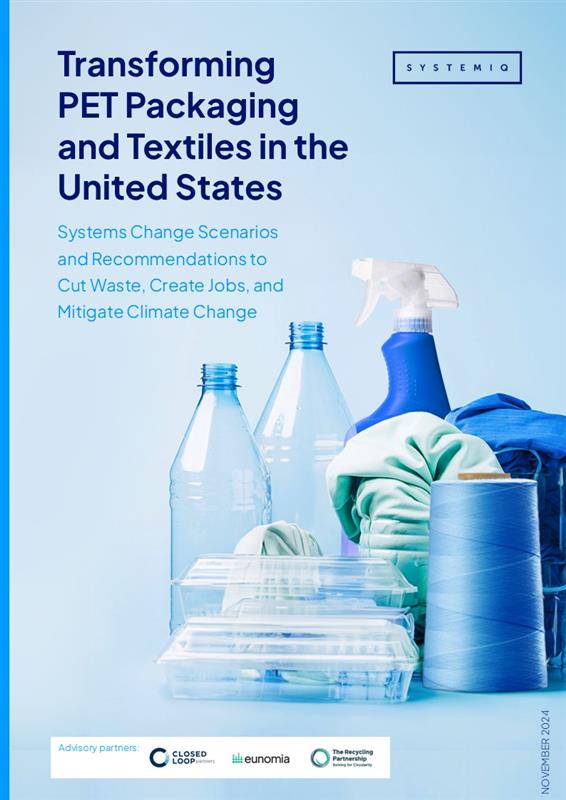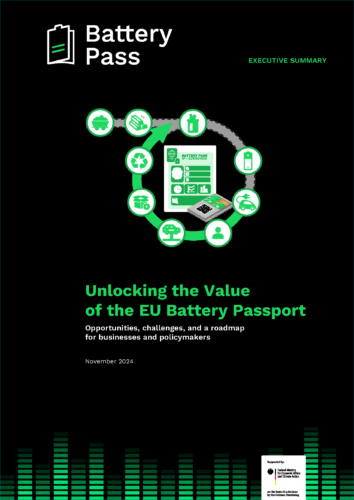Until 2030, battery demand for transportation is projected to continue to grow exponentially, both globally and in the European Union (EU). Battery production relies on so-called energy-mobility transition materials (transition materials) such as lithium, nickel, cobalt, manganese and graphite, and demand for these is equally projected to increase over the next years.
In response to these forecasted developments, the EU has elaborated on the Critical Raw Materials Act (CRMA) and the Net-Zero Industry Act (NZIA), both of which are expected to come into force in early 2024. While the proposals lay out environmental and sustainability goals, their primary objectives are related to industrial strategy and aim at securing a supply of critical raw materials and domestic manufacturing of net-zero technologies in order to achieve the green and digital transformations –thus remaining competitive in a decarbonising global economy.
This analysis was conducted to examine the environmental and climate implications of achieving the benchmarks stipulated by the CRMA and NZIA, specifically of two elements: first the aim to refine 40% of the raw minerals within the EU, and second, to increase battery manufacturing in Europe.
Relocating parts of the battery supply chain, apart from supporting strategic autonomy goals, offers the EU the possibility to control production parameters – including social and environmental – within its borders and to apply its ambitious environmental and climate policies to set the highest global standards for sustainable battery production, compatible with the Paris Agreement and also with the Global Biodiversity Framework.




